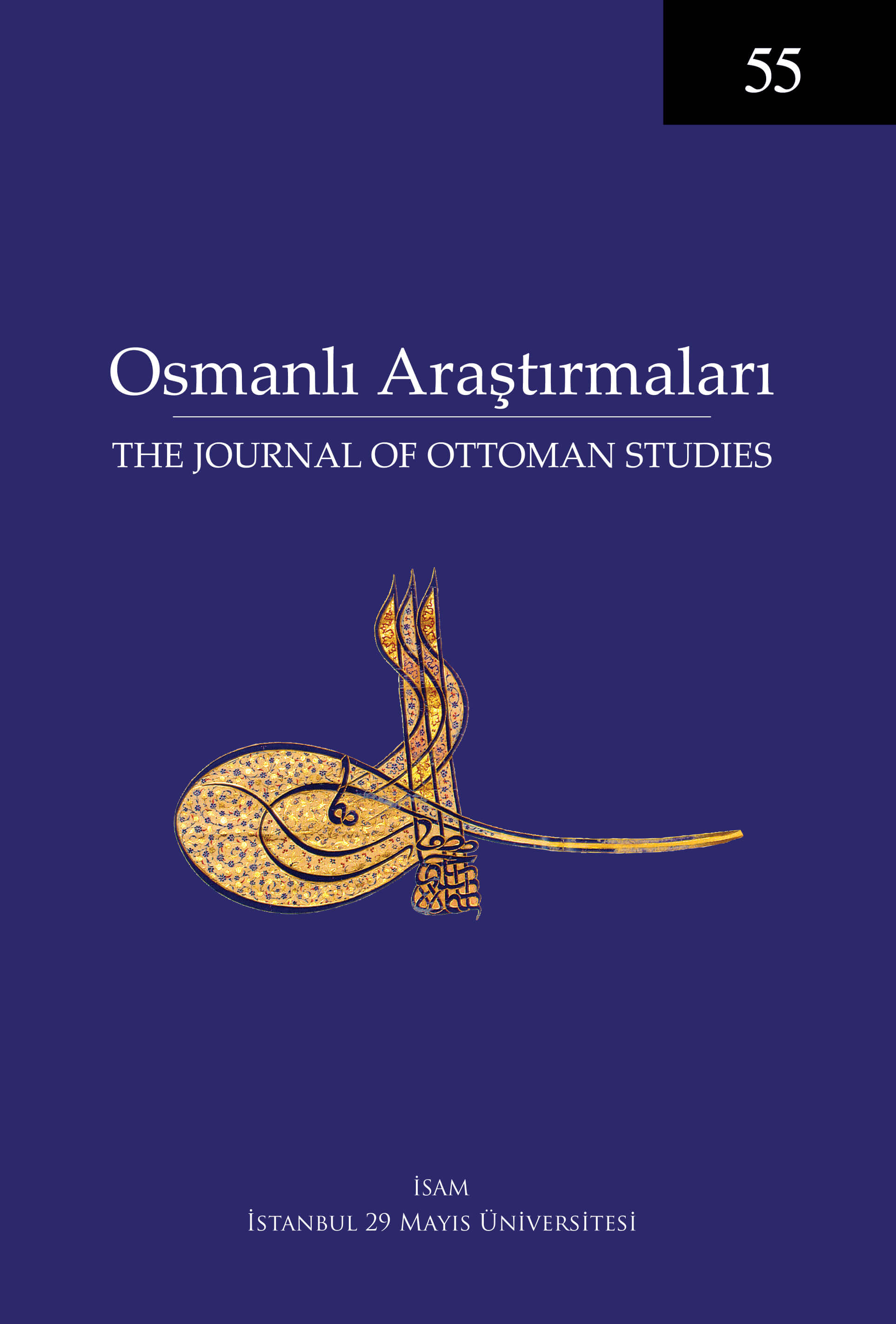Employment in the Waqfs of Jerusalem: Socio-Economic and Demographic Characteristics of Waqf Staff During the 18th Century
Keywords:
Jerusalem, Social History, Employment, Waqf, 18ᵗʰ centuryAbstract
This study aims at analyzing the employment status of the waqf staff in Jerusalem during the 18th century from a socio-economic and demographic point of view. It focuses on effects of central authority and its existence symptoms and functioning in a provincial town in the context of applications implemented by Ottoman central government for waqf matters. This study has four parts. In the first part, the status of the waqf employees within the Ottoman social structure will be examined. Then, the titles and nicknames of the waqf staff will be mentioned in relation to the changes in the historical process. The appointment, dismissal and the working period of the waqf employees will also be examined under a separate heading. In this part, procedures and control relating to the impact of these appointments held by the Ottoman government will be ascertainedn. The third part we try to reveal the ratio of waqf staff within the city’s population. The fourth part the salaries of examines the waqf employes. Through this analysis, it tries to shed light on the employment policies of the Ottoman state in a provincial town in which it maintained control through waqf posts and salaries.




